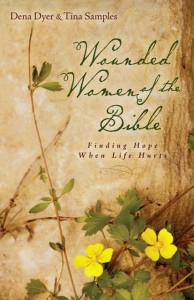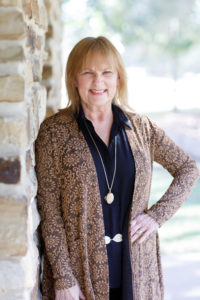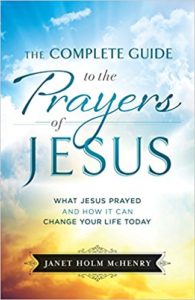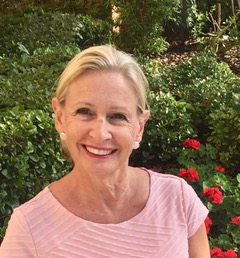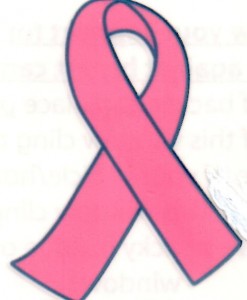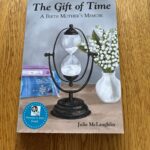It’s funny how sometimes the things I write are more about teaching myself something than teaching others. A recent blogpost I wrote has been swirling around in my mind over and over for several weeks: the one I wrote called, “A Waste of Time”—the one I wrote about our attitudes while waiting.
It came back and hit me hard a few weeks ago when I encountered a serious computer problem that I absolutely could not resolve.
I had written a newsletter to send out to those on my mailing list. I was leaving for vacation two days later and wanted to be sure to get it in the hands of those who looked to me for encouragement before I left. When I tried to send it out, however, I got an error message, saying I was sending spam.
Spam? Spam? My newsletter to encourage those in troubled marriages was spam?
I tried to send it again and again, checked the content to see if there was anything that could be considered objectionable, deleted a couple of phrases that talked about “your mind exploding during crisis” and another phrase that might be taken out of context by algorhythms scanning content. I tried sending it to different lists. I tried sending it to just myself. Nothing worked I continued to get an error message that it was spam.
Finally, I turned the computer off and left it for a couple of hours to give my system a little rest. When I turned it back on, my password was not recognized by the server and I couldn’t get back into my email. It was past 5 o’clock by now so I had to wait until the next morning to call our phone company—the day I needed to prepare for our trip.
I was on the phone for two hours with the phone rep as she tried to resolve the problem and eventually had me choose a new password. When we tried again to send the newsletter, it still brought up the error message. She advised me to turn off my computer again, wait a couple of hours, and try later.
I did. The error message came up the same as before.
Having to prepare for our trip, I had no more time to call the company again.
As we left for our trip the following day, the newsletter remained in my outbox.
It was during this time I found myself thinking about the blog post I’d written a couple of weeks earlier about how God sometimes values the process more than our achieving our subsequent goal, and–even more pointedly–our need to check our attitudes when we have to “wait”, when the computer doesn’t work, etc.
In times past, computer problems rile my patience probably more than anything else I can think of. But this time I thought about my blogpost. I realized that perhaps the message I wanted to send to my subscribers might not be as important to God as my attitude when I have to wait. Maybe God wanted to refine me some more and prune that impatience from my character. Instead of grumbling and complaining, I needed to pause and pray. I needed to trust God that He was working behind the scenes to accomplish His best purposes.
I didn’t want to leave my subscribers in the lurch. But neither did He. After all, God can take care of those on my newsletter list far better than I can. He knows their every need. He has promised to take care of them.
“Look at the birds of the air; they do not sow or reap or store away in barns, and yet your heavenly Father feeds them. Are you not much more valuable than they? Can any one of you by worrying add a single hour to your life?” (Matthew 6:26-27).
My fretting and worrying about sending the newsletters wouldn’t help. But my prayers for those on my list would. While we focus on the details of here and now, God has bigger plans for us and for those we love and those we want to help. Trusting Him, looking to Him, and praying will reap bigger benefits to ourselves and those around us than expressing our impatience and frustration in ways that do not honor Him.
****
“He does want to grow our character, and it’s a lifelong process. Perhaps God’s purpose for allowing us to trudge through the process is reflected best in Paul’s instruction to the Philippians. “’Continue to work out your salvation with fear and trembling, for it is God who works in you to will and to act according to his good purpose” (Philippians 2:12-13).
Finally, 1 Peter 2:5, shares God’s ultimate purpose and design for these unwanted periods of “wasted time.” For those of us who are Christians, 1 Peter 2:5 says, ”’you also, like living stones, are being built into a spiritual house to be a holy priesthood offering spiritual sacrifices acceptable to God through Jesus Christ.’” From my earlier blog post on Heart Talk, June 25, 2020
When have you had to do an “attitude check?” Join in the conversation and share your story.
Practical steps to healing your marriage — Fighting for Your Marriage while Separated available now.

